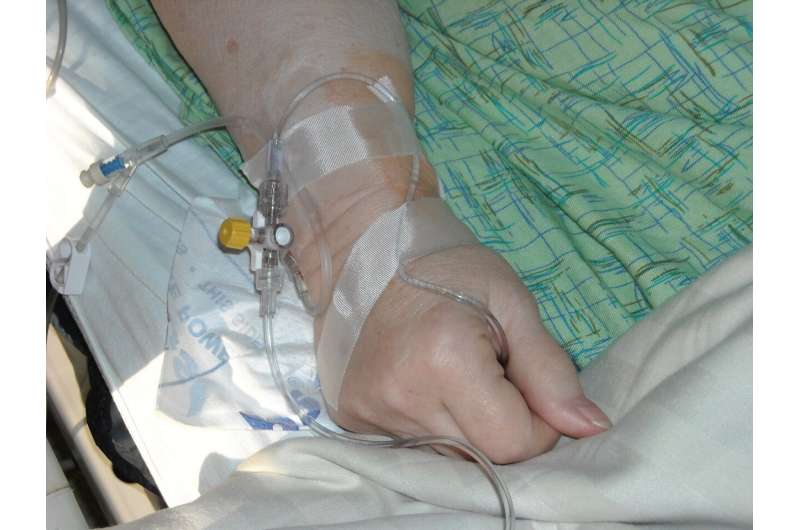Patient Characteristics Influencing Recovery Outcomes After Hip Replacement Surgery

Hip replacement surgery, also known as total hip arthroplasty (THA), is a common procedure aimed at alleviating pain and improving mobility in individuals suffering from hip osteoarthritis. While many patients experience significant relief and functional improvements, some continue to face long-term challenges post-surgery, including muscle weakness, reduced mobility, and a higher risk of falls.
Recent research published in the Journal of Orthopaedic Research highlights that certain patient characteristics, particularly muscle quality before surgery, can predict recovery outcomes. The study involved imaging tests on 10 patients prior to their hip replacement procedures. Findings revealed that those with poor muscle quality exhibited worse performance in movement tasks after surgery compared to patients with healthier muscle composition. Interestingly, the severity of osteoarthritis observed through imaging did not correlate with post-operative functional abilities.
Lead researcher Jeannie F. Bailey, Ph.D., from the University of California, San Francisco, emphasized the significance of muscle quality as an often-overlooked factor in predicting recovery. Using magnetic resonance imaging (MRI), researchers could assess muscle composition, providing insights into how patients might recover biomechanically after surgery. The study suggests that evaluating muscle quality preoperatively could help in tailoring rehabilitation programs and predicting long-term outcomes.
Future research will explore how poor hip muscle quality impacts overall functional recovery over longer periods, aiming to improve patient-specific treatment strategies and enhance post-surgical success.
Source: https://medicalxpress.com/news/2025-04-specific-patient-characteristics-contribute-poor.html
Stay Updated with Mia's Feed
Get the latest health & wellness insights delivered straight to your inbox.
Related Articles
'Rhythm beats volume': How the brain preserves our perception of familiarity
New research reveals that neuronal rhythms, rather than firing rates, play a key role in how the brain maintains a stable perception of the world, providing insights for future brain-computer technologies and therapies.
Study Finds Similar Smoking Initiation Risks for Vaping Teens and 1970s Peers in the UK
A pioneering UK study shows that vaping teenagers are as likely to start smoking as their counterparts in the 1970s, raising concerns about reversing declines in youth smoking rates.
Immunoglobulin Therapy in CLL Patients: No Significant Impact on Serious Infection Reduction
A comprehensive study reveals that immunoglobulin replacement therapy does not significantly reduce serious infections in CLL patients, prompting reevaluation of current treatment practices.



